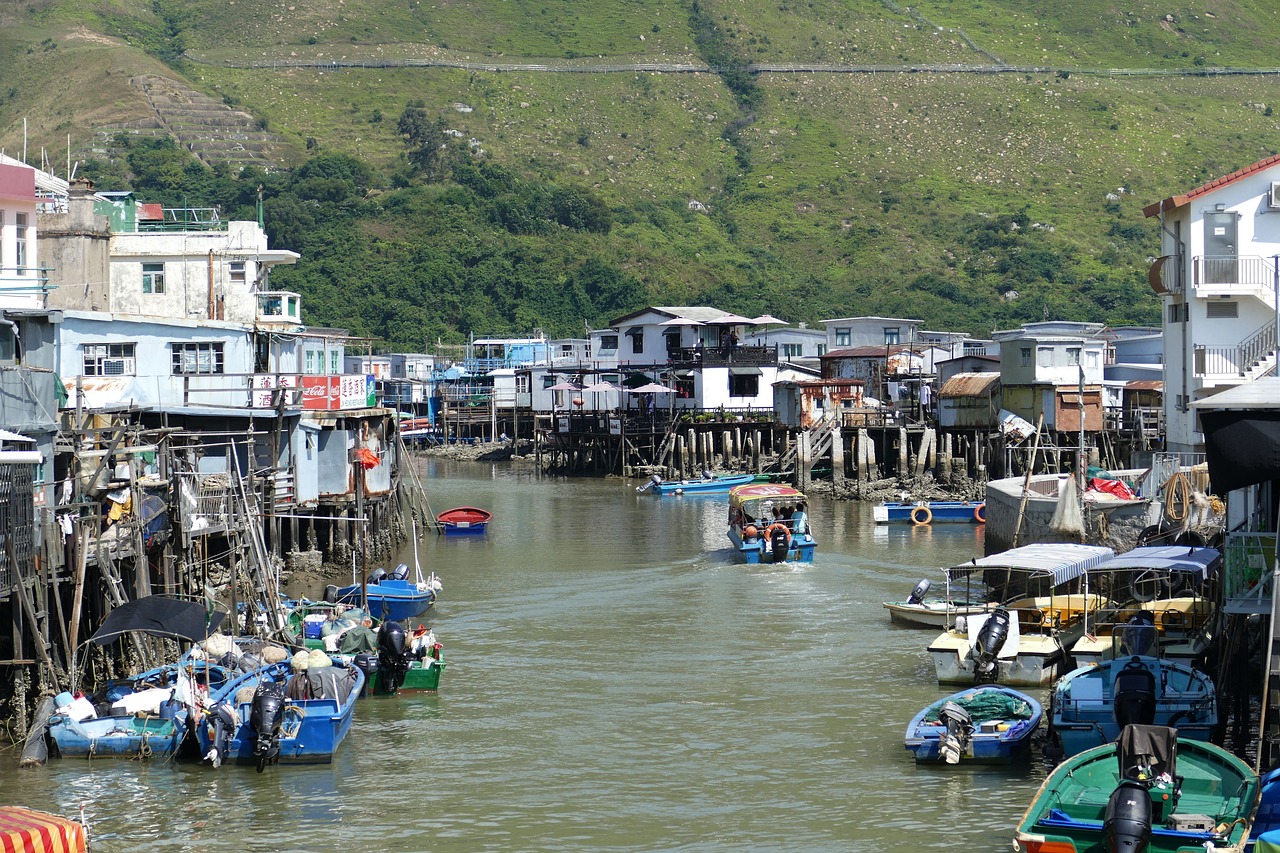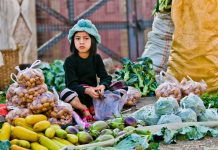
The World Bank has warned that the economic fallout from the coronavirus pandemic could push 11 million people in Asia into poverty.
According to the World Bank, unless "urgent action" is taken, an additional 11 million people in East Asia and the Pacific will be driven into poverty due to the economic impact of the coronavirus pandemic.
The World Bank said the region could see its sharpest downturn in over two decades, plunging much of Asia into a prolonged recession. The bank forecasts that regional growth could fall to 2.1% in 2020, compared to the estimated growth of 5.8% in 2019.
Inevitable economic damages
The World Bank report stated: "Significant economic pain seems unavoidable in all countries." It warned that the entire Asia Pacific region should brace itself for "a serious impact" on poverty and welfare, through illness, death, and lost incomes.
The report indicated that Indonesia, Papua New Guinea, and the Philippines will likely be harder hit, while Vietnam, Cambodia, Laos, Mongolia and Myanmar are the few countries expected to see growth, albeit at significantly lower levels.
“The good news is that the region has strengths it can tap, but countries will have to act fast and at a scale not previously imagined,” said Victoria Kwakwa, vice president for East Asia and the Pacific at the World Bank.
Prior to the pandemic, the bank previously estimated that nearly 35 million people would escape poverty in the region in 2020, including over 25 million in China alone.
While the estimates were forecasts and may change over time, the report emphasized that they demonstrate the magnitude of potential economic damage and the subsequent need for urgent action.
The report also said: "All countries in the East Asia and Pacific region and beyond must recognize that, in addition to bold national actions, deeper international cooperation is the most effective vaccine against this virulent threat."
To help soften the economic impact of the pandemic, the World Bank has pledged to provide $14 billion in financial support to developing countries and deploy up to $160 billion over 15 months to protect the poor and vulnerable.
PMI increase
The official Purchasing Managers' Index (PMI) of China increased to a stronger-than-expected 52 this month. This came after it sank to a record low of 35.7 in February. A figure above 50 signifies expansion.
Meanwhile, Julian Evans-Pritchard, senior China economist at Capital Economics, explained that the figure did not suggest that output was returning to its pre-virus trend.
"Instead, it simply suggests that economic activity improved modestly relative to February's dismal showing, but remains well below pre-virus levels," he said.
Recovery for the global economy
According to the Organisation for Economic Co-operation and Development (OECD), it would take years for economics worldwide to recover from the coronavirus pandemic.
With this, the OECD called on governments to focus on making testing available quickly as well as on developing treatment of the virus.
"Even if you don't get a worldwide recession, you're going to get either no growth or negative growth in many of the economies of the world, including some of the larger ones, and therefore you're going to get not only low growth this year, but also it's going to take longer to pick up in the in the future," he added.






